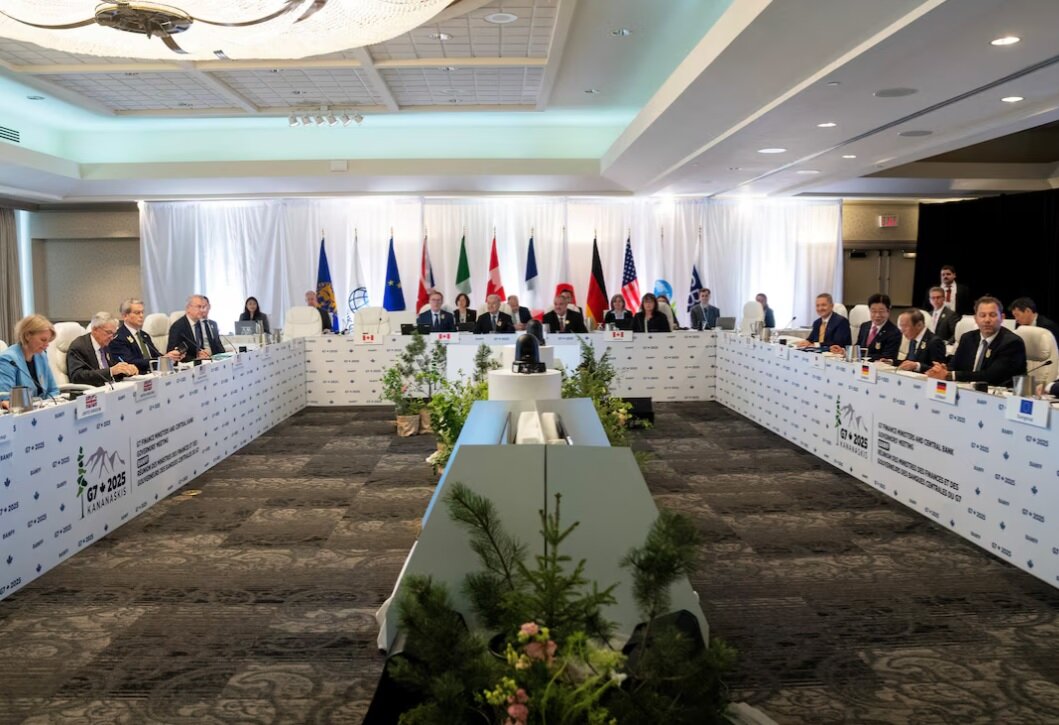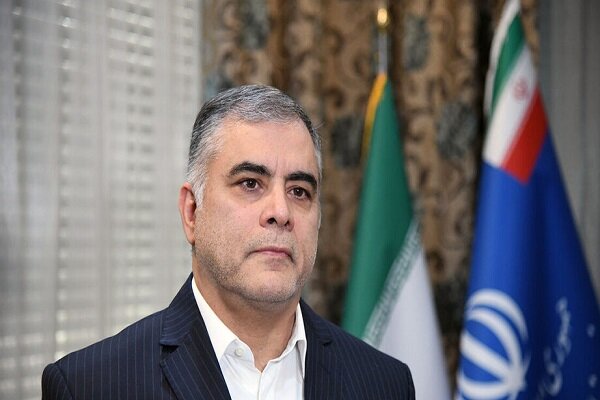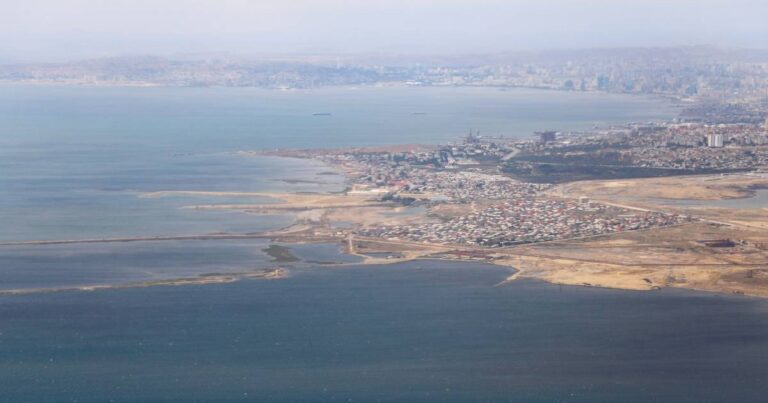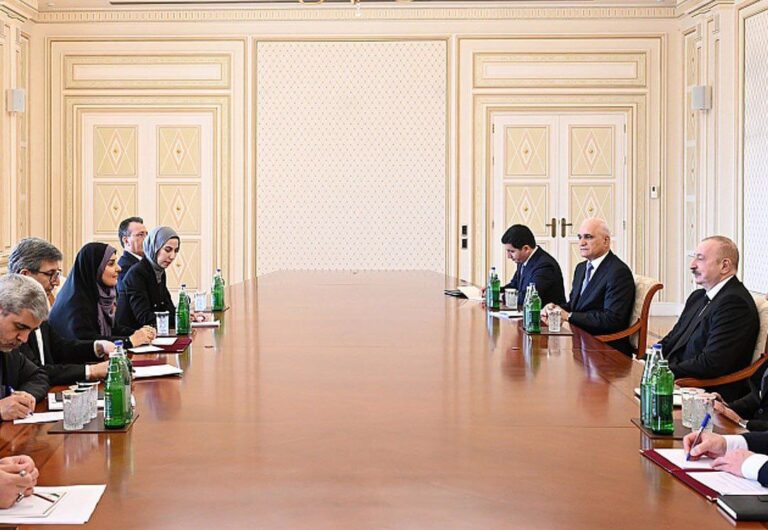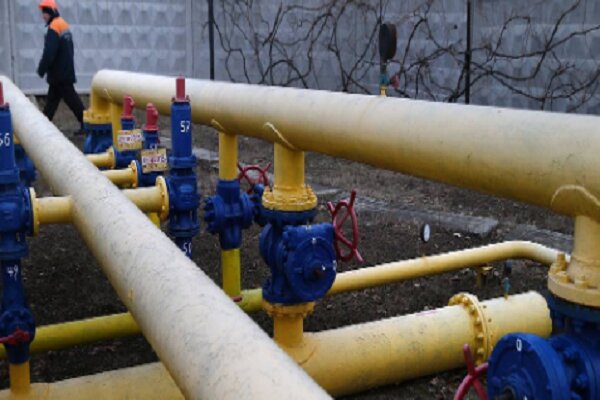G7 Explores Tougher Russia Sanctions and Commits to Address Global Economic Imbalances
The G7 leaders have recently unveiled a significant plan during their meeting in the stunning Canadian Rocky Mountains, emphasizing the need for a unified approach towards addressing non-market policies that threaten international economic security. This announcement highlights the group’s commitment to ensuring a fair and transparent global trading environment.
While the document refrains from explicitly naming China, the references made by the United States and other G7 nations clearly point towards concerns regarding China’s state subsidies and its export-oriented economic strategies. The discussions among G7 officials reflect a growing urgency to tackle these challenges head-on.
The final communique from the summit outlined several critical points that underscore the G7’s position:
- Market Concentration Analysis: The G7 called for a thorough examination of market concentration and its implications for international supply chain resilience.
- Level Playing Field: Leaders stressed the necessity of maintaining a level playing field in global trade, advocating for a coordinated approach to address the damage inflicted by entities that operate outside established rules and lack transparency.
- Response to Russia: The G7 condemned Russia’s ongoing military aggression against Ukraine, labeling it a “continued brutal war.”
- Sanctions Consideration: In the event that ceasefire efforts falter, G7 members are prepared to consider all available options, including the potential for imposing additional sanctions on Russia.
These resolutions reflect a strong consensus among G7 leaders on the importance of collective action in maintaining global economic stability. The discussions highlighted the need for a common understanding of how certain non-market practices undermine the integrity of international trade systems.
As the global economic landscape continues to evolve, the G7’s commitment to addressing these pressing issues is more crucial than ever. The emphasis on transparency and fairness in trade practices not only benefits member countries but also aims to create a more equitable environment for all nations participating in the global market.
In addition, the leaders expressed their dedication to strengthening international cooperation to combat economic threats posed by non-compliant nations. This includes fostering dialogue and collaboration with allies to ensure that economic policies are aligned with shared values of fairness and transparency.
The G7 summit, held amidst the breathtaking scenery of the Canadian Rockies, served as a backdrop for these pivotal discussions. It underscored the importance of dialogue among the world’s leading economies in addressing complex challenges that transcend national borders.
The communique’s focus on market concentration is particularly relevant in today’s interconnected world, where supply chains are increasingly vulnerable to disruptions. By prioritizing resilience in these systems, the G7 aims to safeguard economic stability for the future.
Furthermore, the commitment to exploring sanctions against Russia demonstrates the G7’s resolve in standing up against aggression and supporting international law. This unified stance serves as a powerful message to other nations about the consequences of violating global norms.
As the G7 moves forward, the discussions from this summit will likely shape future policies and strategies aimed at promoting a fairer global economy. The emphasis on coordinated efforts reflects a recognition that collective action is essential in addressing the challenges posed by non-market practices and international conflicts.
The leaders’ call for a level playing field and transparency in trade practices resonates with a growing demand for accountability in global economic interactions. This initiative is not only about protecting the interests of G7 countries but also about fostering a stable and predictable environment for businesses and consumers worldwide.
In conclusion, the G7’s recent meeting highlights an essential shift towards addressing non-market policies and ensuring economic security on a global scale. As these discussions continue to evolve, the implications for international trade and cooperation will be significant, potentially reshaping the landscape of global economics for years to come.
